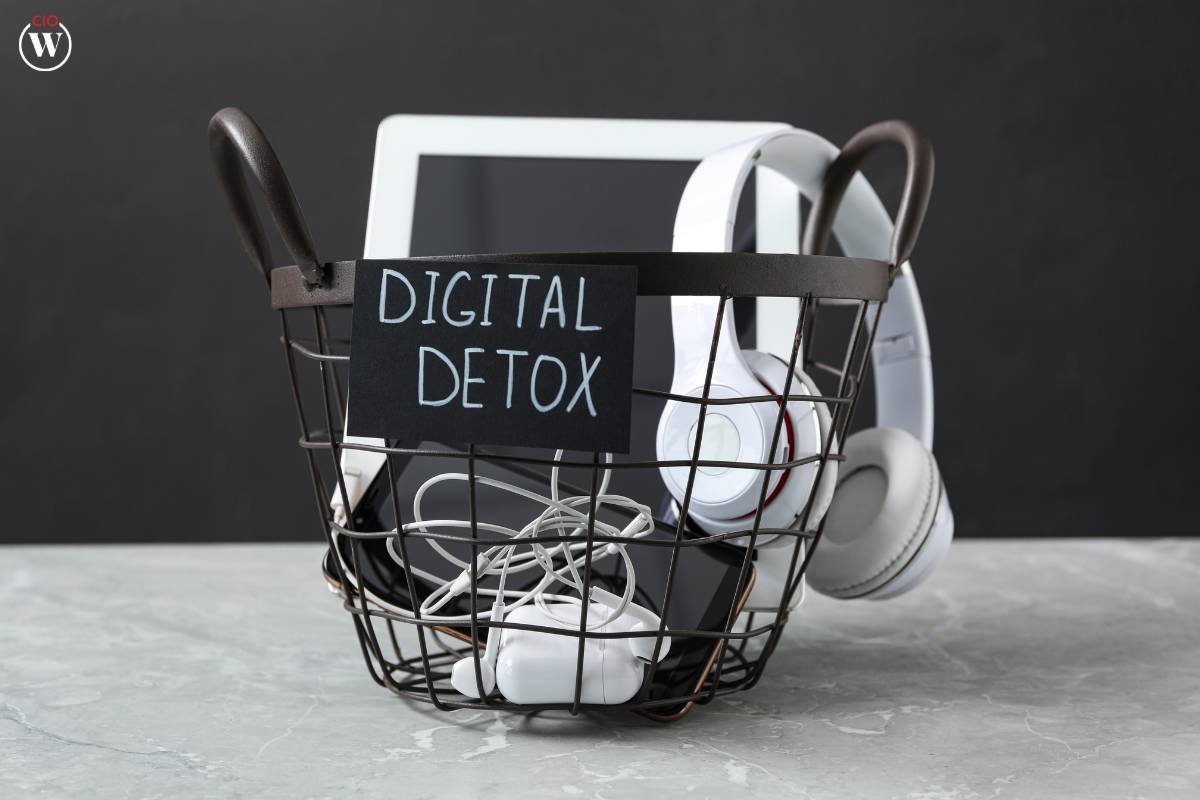In the hustle and bustle of today’s fast-paced work environment, it’s easy to get caught up in the never-ending to-do list and forget about the importance of taking breaks. However, research shows that incorporating short breaks into your workday can significantly enhance productivity, focus, and overall well-being. In this article, we’ll explore the benefits of short breaks during working hours and provide practical tips on how to integrate them into your daily routine.
Understanding the Importance of Short Breaks
Short breaks during working hours are not just a luxury; they are a necessity for maintaining optimal performance and mental health. When we work for extended periods without breaks, our concentration levels dip, and our ability to retain information decreases. On the other hand, taking regular breaks allows our brains to recharge, resulting in improved focus, creativity, and problem-solving skills.
Benefits of Short Breaks during Working Hours
1. Enhanced Productivity:
Contrary to popular belief, taking breaks can actually make you more productive. Research has shown that individuals who take short breaks throughout the day are able to sustain their focus and energy levels for longer periods, leading to increased productivity.
2. Improved Mental Well-being:

Working non-stop can take a toll on your mental health, leading to stress, burnout, and decreased job satisfaction. Short breaks provide an opportunity to step away from your work, clear your mind, and reduce stress levels, ultimately promoting overall well-being.
3. Enhanced Creativity:
Stepping away from your desk and engaging in a different activity during a short break can stimulate your creativity. Whether it’s taking a short walk, doing a quick meditation session, or simply chatting with a colleague, these activities can help spark new ideas and perspectives.
4. Better Physical Health:
Sitting for long periods without breaks has been linked to various health issues, including obesity, heart disease, and musculoskeletal problems. Taking short breaks during working hours to stretch, move around, and rehydrate can help mitigate these risks and promote better physical health.
5. Stress Reduction:
Short breaks serve as a buffer against the build-up of stress throughout the workday. By stepping away from your tasks periodically, you give your mind and body a chance to relax and recharge, leading to lower stress levels and improved resilience in the face of challenges.
6. Enhanced Decision Making:

Continuous work without breaks can lead to decision fatigue, making it harder to make sound judgments and choices. Taking short breaks allows your brain to reset, improving cognitive function and decision-making abilities.
How to Incorporate Short Breaks into Your Day?
Now that we understand the benefits of short breaks during working hours, let’s discuss some practical strategies for incorporating them into your daily routine:
1. Use the Pomodoro Technique:
The Pomodoro Technique involves breaking your workday into short intervals (typically 25 minutes) separated by brief breaks. During each work interval, focus solely on the task at hand, and then take a short break to rest and recharge before starting the next interval.
2. Schedule Breaks in Advance:
Set aside specific times in your schedule for short breaks, and treat them as non-negotiable appointments. By proactively scheduling breaks, you’re more likely to follow through and avoid getting caught up in work for extended periods.
3. Engage in Mindful Activities:
Use your short breaks as an opportunity to engage in mindful activities that promote relaxation and stress relief. This could include deep breathing exercises, stretching, or practicing mindfulness meditation.
4. Step Outside:
Whenever possible, try to step outside and get some fresh air during your breaks. A short walk outdoors can help clear your mind, boost your mood, and provide a welcome change of scenery.
5. Socialize with Colleagues:
Use your breaks as an opportunity to connect with your colleagues on a personal level. Whether it’s grabbing a coffee together or chatting in the break room, socializing can help strengthen relationships and foster a sense of camaraderie within the team.
6. Digital Detox:

Use short breaks during working hours as an opportunity to disconnect from digital devices and screens. Constant exposure to screens can contribute to eye strain, fatigue, and reduced productivity. Instead, engage in analog activities such as reading a book, sketching, or taking a few moments to simply enjoy your surroundings.
7. Practice Gratitude:
Take a moment during your short breaks to reflect on things you’re grateful for. Practicing gratitude has been shown to improve mood, increase resilience, and enhance overall well-being. Whether it’s jotting down a few things in a gratitude journal or simply mentally acknowledging them, cultivating an attitude of gratitude can make your breaks even more rejuvenating.
Conclusion:
Incorporating short breaks during working hours is not a sign of laziness; it’s a strategic approach to maximizing productivity, creativity, and overall well-being. By prioritizing regular breaks and implementing the strategies outlined in this article, you can unlock your full potential and achieve greater success in both your professional and personal life. So, the next time you feel tempted to power through your work without taking a break, remember the importance of giving your brain the rest it deserves. Your productivity and happiness will thank you for it.









